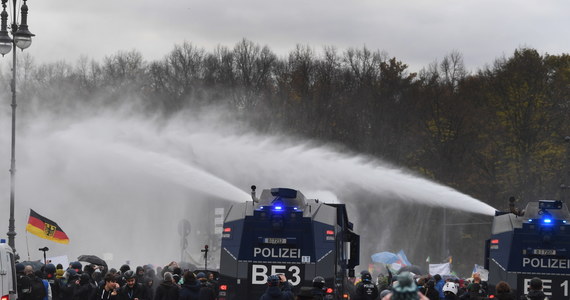Most people who have had Covid-19, the infectious disease caused by the coronavirus SARS-CoV-2, have significantly strengthened their defenses against the virus. American researchers led by Shane Crotty of the University of California in San Diego write this.
After recovery, corona patients not only have antibodies against the virus in their blood, but their body also has immune cells (T cells, a type of white blood cells) that can recognize the corona virus. This would make the body of these people more than “armed” to withstand another infection with SARS-CoV-2.
The results are in a manuscript published this week on the preprint server bioRxiv. This means that the research has yet to be officially reviewed by colleagues before it is finally published in a scientific journal.
Three branches of defense
The study is the first to look at all three defenses that can play a role in the development of immunity. In the first place, these are the antibodies that target structures on the outside of the virus. They can bind themselves so strongly that the virus can no longer do anything.
In addition, there are T cells that also recognize structures of the virus and clean up infected cells or assist other immune cells in doing so. And finally, there are the B cells that are characteristic of a continued production of targeted antibodies against the virus. The B and T cells can build up a memory for the virus, which means that they can quickly restore the defense against the virus in the event of a subsequent infection.
According to the American researchers, this complete defense arsenal is active in 59 percent of the patients two months after the first symptoms of Covid-19. After five months that had decreased to 40 percent. But at that time almost every member of the group of patients studied still had measurable resistance to the virus.
Also read: How our defenses struggle with corona
“In fact, this immune response is very similar to what we see in other acute infectious diseases such as the flu,” says virologist Rory de Vries of Erasmus MC in Rotterdam. He was not directly involved in the study, but did work in the lab in San Diego at the beginning of this year, so he knows the authors well. “The study confirms earlier results, but now in conjunction. A SARS-CoV-2 infection activates both the defense via B cells and that via T cells. In the months after the infection, the antibodies and the immune cells decrease a little again, but because a memory of the virus has been built up, the immune system can be mobilized fairly quickly and in a very targeted manner in the event of a new infection. ”
Only eighteen people
Incidentally, it cannot be concluded from the results that people who have been infected are subsequently immune. “The corona virus is still so new that we cannot know how susceptible these people will be again in a year’s time,” says De Vries. “People may not get very sick the second time around, but they can still pass the infection on to others. And the conclusion that the immune system is in good order for at least the first six months, there is also something to be said about. Because the number of people for whom this was investigated appears to be limited to eighteen. ”
Cold coronaviruses are known to re-infect humans over time. “We have to wait and see to what extent SARS-CoV-2 behaves in this way,” says De Vries. “But I do think there is now good evidence that a second infection is likely to be milder.”
And what does this mean for the vaccine? “That too is still speculation”, says De Vries, “But I do not expect a vaccine to give a stronger immune response than a real infection.”
–
/s3/static.nrc.nl/images/gn4/stripped/data64528061-e7a7e2.jpg)
